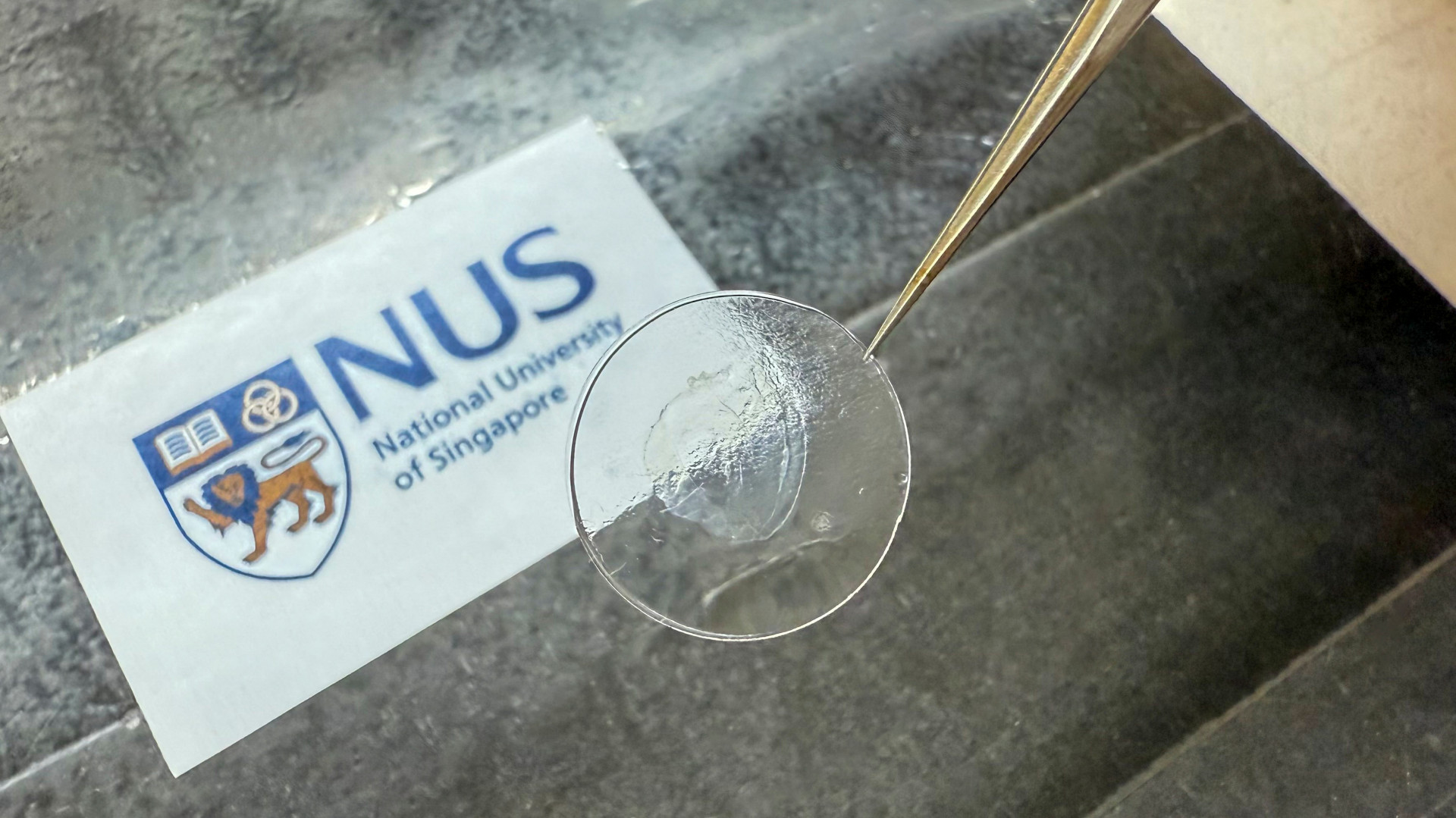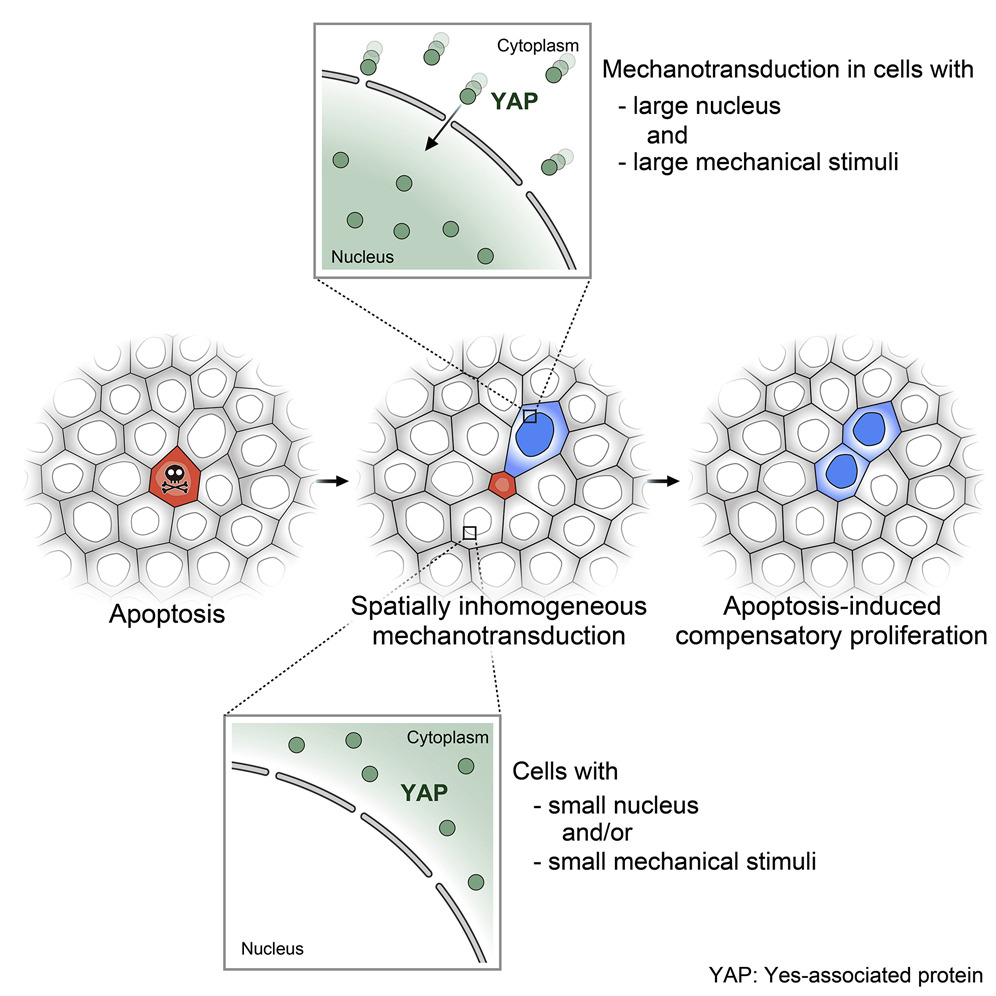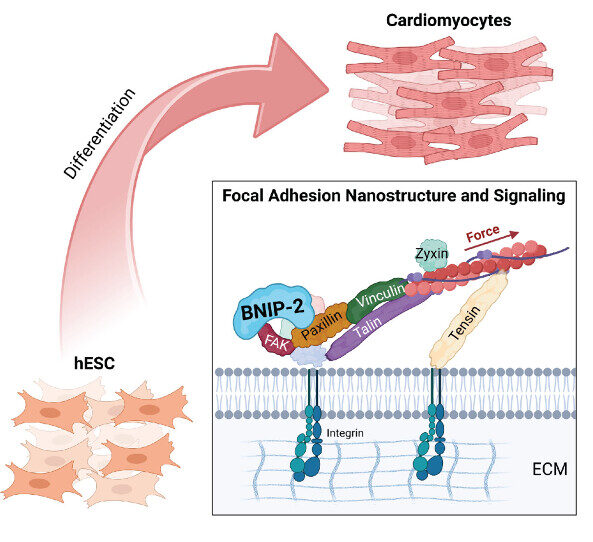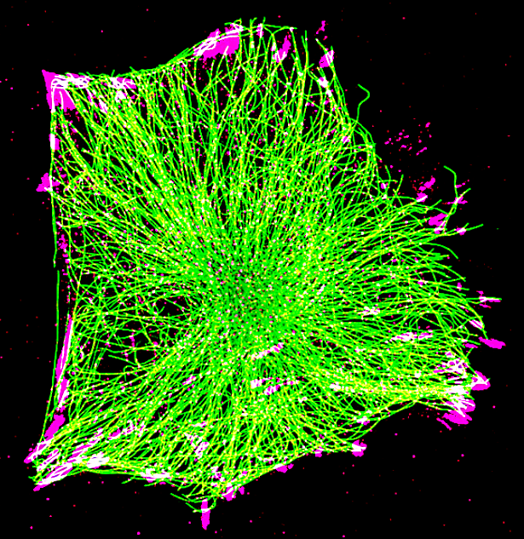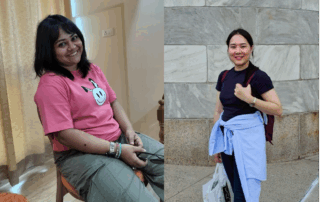Recent Featured Research
Disrupted Cell-Matrix Interactions Drives Aging and Reveals New Paths for Skin Regeneration
Researchers from the Li Lab discover how α5-integrin–FN interactions preserve dermal integrity, offering new insights for antiaging strategies targeting ECM organization and fibroblast function.
DECIPHERing the Role of Cell-Matrix Interactions in Ageing Heart Health
Researchers from the Soft Nano-Biomaterials Lab at MBI developed a material system to enable precise investigation into how individual ECM properties affect cultured heart cells.
How Dying Cells Signal Growth: Mechanical Forces Drive Targeted Cell Proliferation after Apoptosis
Researchers from the Toyama Lab at MBI reveal how mechanical factors control apoptosis and cell replacement.
Scientists Develop AI-Driven Tool to Map 3D Cellular Landscapes
Researchers from the Beghin Lab at the Mechanobiology Institute, NUS combine DeepStar3D algorithm and 3DCellScope interface to develop an experimental tool for real-time interaction with cell data.
The Nano-Heartbuilder: BNIP-2 Influences Mechanosensing in Cardiomyoblast Differentiation
Researchers from the Low Lab at MBI discover a crucial role for the scaffold protein BNIP-2 in orchestrating focal adhesion dynamics during early heart development, offering new insights into heart regeneration strategies.
Shedding Light on Local Microtubule Regulation of Focal Adhesions
Researchers from the Bershadsky Lab at MBI utilized optogenetics to unlock the role of microtubules in regulating focal adhesion disassembly, an important step in cell migration. http://www.mbi.nus.edu.sg/featured-research/microtubules-and-cell-movement-a-closer-look-at-focal-adhesion-disassembly
MBInsights Annual
MBInsights: Decoding the Living Machine
An annual summary of research at the Mechanobiology Institute, National University of Singapore
The annual is a synopsis showing the breadth of the research coming from the MBI. We are very proud of the fact that we have been able to build an institute with state-of-the-art capabilities in super-resolution microscopy and microfabrication. Our open lab environment and the energy of our students and postdocs have combined to take advantage of our experimental tools to answer important biological questions. Because we believe that these tools should be utilized to solve many more problems in the biomedical sciences, we invite you and your colleagues to join us in collaborative studies to solve those problems. Many different disciplines are needed since the problems need the tools of physicists, biologists, computational scientists, and engineers, working side-by-side to better understand how biological systems integrate mechanical cues and physical forces from the world around them.
Read more about MBInsights Annual 2017
See all editions of MBInsights Annual
Hew Choy Leong receives Alumni Award for Academic Achievement
Emeritus Professor Hew Choy Leong, Senior Advisor to MBI, is honoured with an Outstanding Alumni Award for Academic Achievement.
She is a Scientist: Confidence Formed by Curiosity Over Time
February 11th celebrates The International Day of Women and Girls in Science to promote full, equal access and participation in STEM fields. MBI talks to two of our posdoctoral research fellows about their career as a woman in science.
Takumi Kawaue
Visiting Research Fellow, Toyama Group
MBI Publications
Latest Publications
- Chapa-Y-Lazo B, Athilingam T, Tiwari P, Pathak P, Zhang S, Theis S, and Saunders TE. Identification of optimal fluorophores for use in the Drosophila embryo. Mol Biol Cell 2026;:mbcE25120600. [PMID: 41705958]
- Lu Y, Walji T, Pandey P, Zhou C, Habela CW, Snapper SB, Li R, and Chen EH. Branched actin polymerization drives invasive protrusion formation to promote myoblast fusion during mouse skeletal muscle regeneration. Elife 2026; 14. [PMID: 41608858]
- da Silva RAG, Tien BYQ, Kao PHN, Antypas H, Celik C, Tan AZC, Ismail MH, Hu G, Chong KKL, Thibault G, Chen J, and Kline KA. Enterococcus faecalis-derived lactic acid suppresses macrophage activation to facilitate persistent and polymicrobial wound infections. Cell Host Microbe 2026;. [PMID: 41605216]
- Naripogu KB, Tee YH, Senju Y, Bershadsky A, and Robinson RC. Localization of Asgard archaeal ESCRT proteins to eukaryotic cellular structures. Biochem Biophys Res Commun 2026; 802:153301. [PMID: 41576632]
- Tan AMZ, Celik C, Lee SYT, Veleba M, Manzano CS, Abdul RMK, Thibault G, and Kline KA. Enterococcus faecalis redox metabolism activates the unfolded protein response to impair wound healing. Sci Adv 2026; 12(3):eaeb5297. [PMID: 41544166]
- Yu J, Jiang Z, Ackers-Johnson M, Zou G, Zhang F, Zhu M, Cao C, Li J, Vidyasekar P, Li W, Wang J, Chen N, Cai P, Guo C, Ai J, Zhou Y, Prabhu SS, Gao H, and Chen X. Ultrapliable bioelectronic interface for mechanosensitive cardiac electrophysiology. Sci Adv 2026; 12(2):eadz1253. [PMID: 41499509]
- Li X, Xu R, Xie C, Ge Z, Gao B, and Lim CT. Microscale Architectures for Intelligent Soft Robotics: From Functional Microneedles to Biointegrated Wearable Systems. Nanomicro Lett 2026; 18(1):179. [PMID: 41486387]
- Liang L, Song X, Wang S, and Lim CT. Biophysical adaptations of circulating tumor cells undergoing metastasis. Biophys Rep 2025; 11(6):423-432. [PMID: 41477487]
- Huang M, Chen Y, Liang C, Narayan OP, Stallings C, Yu M, Traugot C, Li L, Li K, Vo Q, Wang H, Chou Y, Cech L, Parra D, Garzon L, Parsons D, Diaz E, Zhang C, Mackey C, Sussman H, Zmirska I, Chung M, Zhou C, Glynatsis G, Siemann DW, Licht JD, Li C, Kaye FJ, Xie M, Tan Y, Wu L, Bivona TG, Guan J, and Tang X. Drug resistant cancer cells show increased nuclear mechanotransduction and mechanically targetable YAP-regulated vulnerability. Biomaterials 2025; 329:123920. [PMID: 41443038]
- Lee BH, Fuji K, Petzold H, Seymour P, Yennek S, Schewin C, Lewis A, Riveline D, Hiraiwa T, Sano M, and Grapin-Botton A. Permeability-driven pressure and cell proliferation control lumen morphogenesis in pancreatic organoids. Nat Cell Biol 2025;. [PMID: 41419573]
How Structural Imbalance Drives Inflammatory Signaling in Senescent Cells
In a study published in Molecular Biology of the Cell led by Celestine Ho at the Mechanobiology Institute, NUS, researchers discover that HIF-1α-activation in SASP is a defining feature of the SASP induced by diverse stressors, acting independently of micronuclei generation and cGAS/STING activation.
Violet vs. Blue: Controlling Mechanotransduction with a Single-protein Light Switch
In a study published in the Journal of Cell Science, led by Ryosuke Nishimura at the Mechanobiology Institute, NUS, researchers developed an optogenetic tool to precisely manipulate talin’s structure and observe the resulting cellular behavior.
The Pressure That Shapes Life: Mechanical Forces Behind Egg Maturation
Researchers from the Chan Lab at MBI demonstrate the importance of compressive stress exhibited by theca cells in healthy follicle maturation and surrounding support cells, suggesting a new perspective in understanding infertility.
Quantitative Micro-Elastography: New Imaging Tool Uncovers Age-Dependent Mechanical Changes in Ovarian Tissue
Researchers from the Chan Lab at MBI develop a a novel method called quantitative micro-elastography to create detailed 3D maps of ovarian stiffness in mice—revealing crucial insights that could lead to new infertility treatments.
Tumor-on-a-chip Shows How Microenvironment Architecture Affects Liver Cancer Therapies
Researchers from the Pavesi Group at the Mechanobiology Institute, NUS develops in vitro models of liver tumors to study how the presence of vasculature networks affect cancer therapies.
Contributions
MBInsights is created and curated by the MBI Science Communications Unit. The Science Communications Unit works towards enhancing awareness of progress made in the field of mechanobiology to the general public, science enthusiasts, young students and scientists working in alternative fields. This is achieved by promoting the latest findings in our own research, and in the field in general, through the media, the production of online educational resources, and outreach events.
Have a question or comment about MBI’s research? Contact us.



